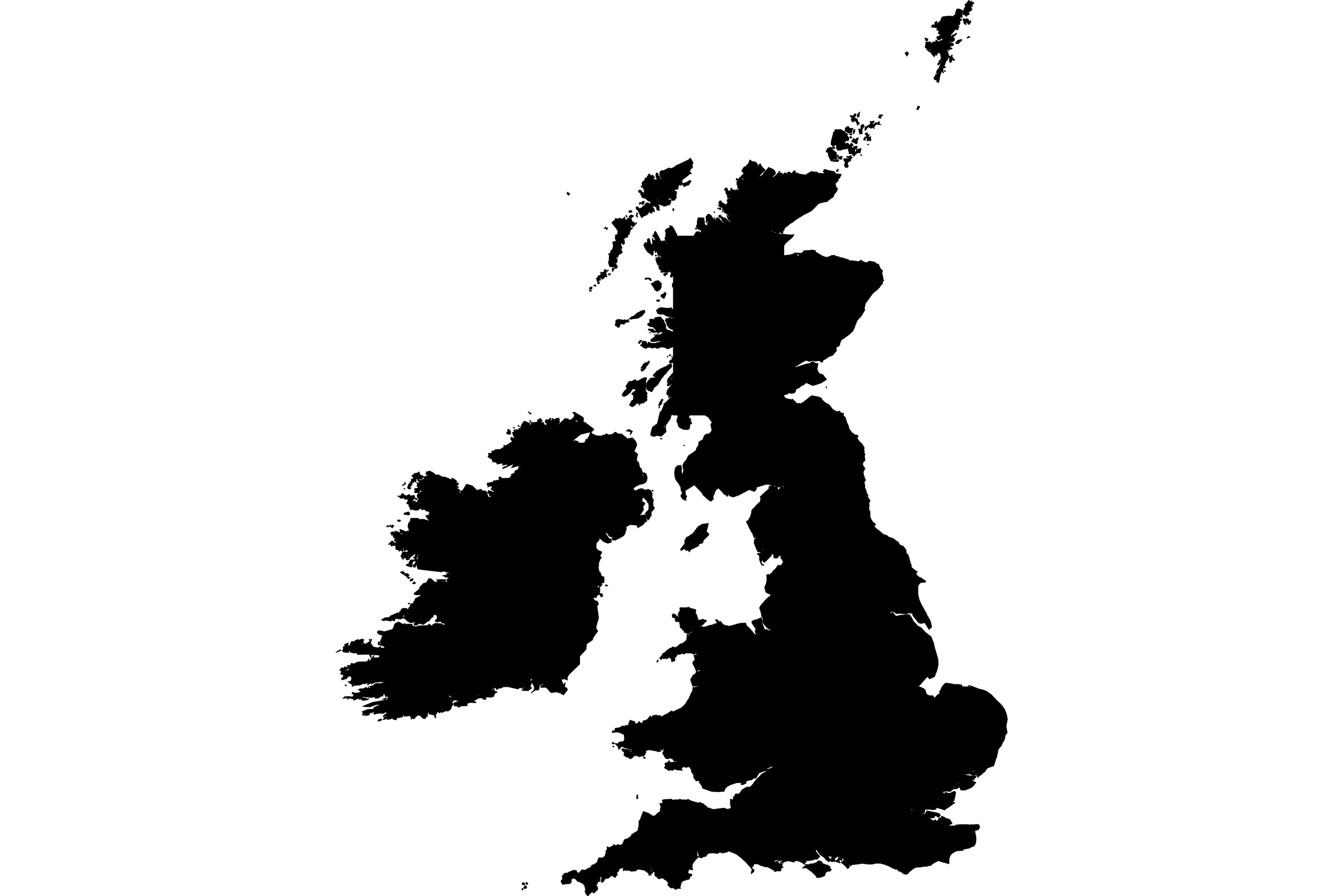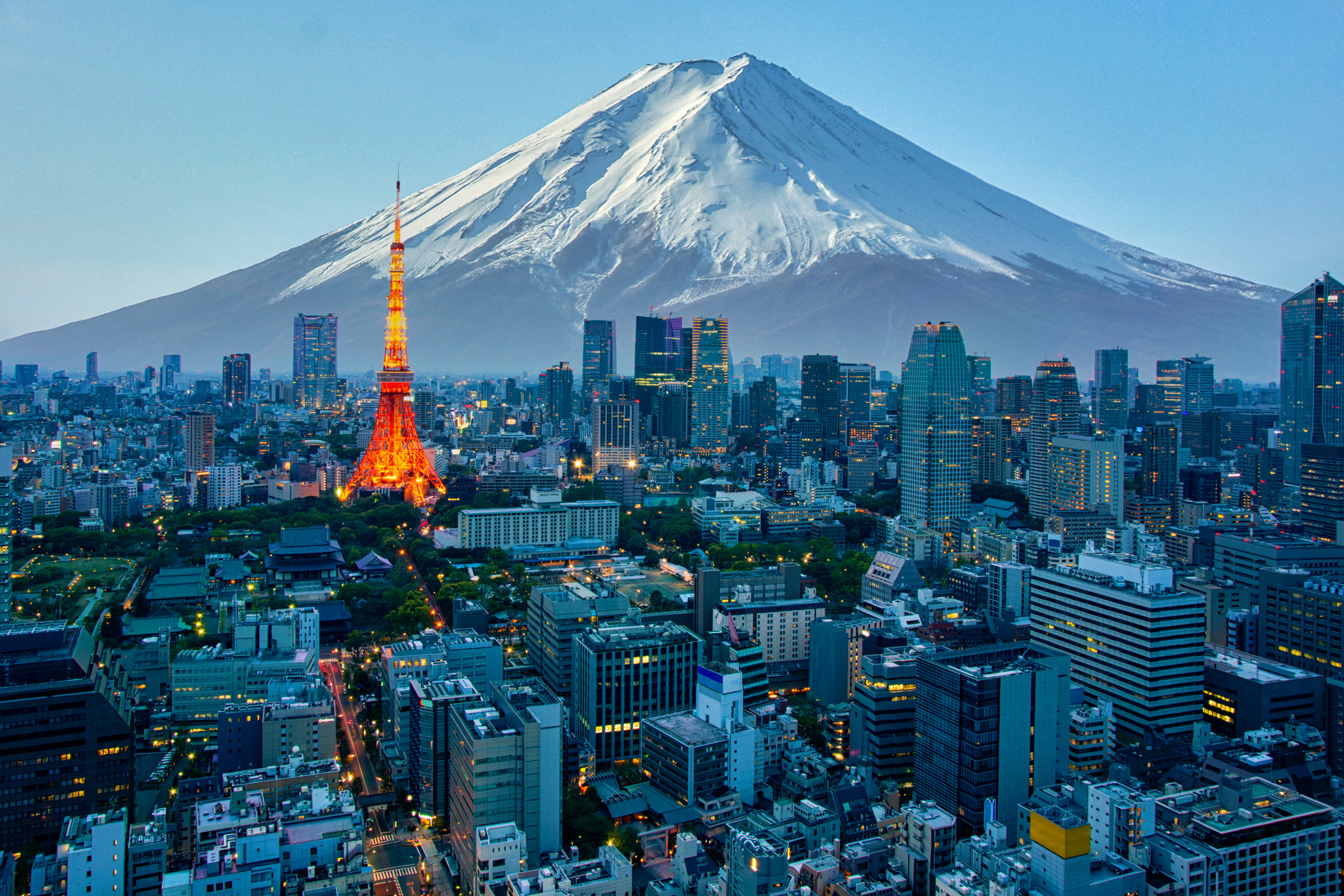UK riskier than China for web surfers
UK ranks 30th out of 144 countries in a study of the most dangerous places to go online.


The UK has been named as the 30th most dangerous place in the world for surfing the web, a report has shown.
The most perilous place to go online is Turkey, according to AVG, whose software was needed to protect on average one in 10 users in the last week of July.
Russia was the second most dangerous internet nation with one in 15 surfers needing AVG's software to block threats. Armenia was third, while Azerbaijan was fourth.
In the UK, AVG software helped block threats for one in 63 users.
Among other Western nations, the US was the ninth most dangerous place for going on the internet, with Australia down in 37th.
AVG claimed Japan is arguably the most secure country to search the web, even though Sierra Leone had the fewest attacks.
Interestingly, seven out of the 10 safest places to surf the web were in Africa, although South America was ranked by AVG as the safest continent.
Get the ITPro daily newsletter
Sign up today and you will receive a free copy of our Future Focus 2025 report - the leading guidance on AI, cybersecurity and other IT challenges as per 700+ senior executives
AVG's chief research officer Roger Thomson suggested one reason for the geographical divide is denizens of more dangerous countries are probably "less cautious when it comes to sharing links and files online."
"Another factor is the popularity of internet cafes and people generally sharing computers. However, it is safe to say that even in these countries, a minority of users account for a large proportion of attacks," he added.
However, the relatively low number of internet users in some of the "safe" countries surveyed will have affected rankings.
Talking about why Japan was ranked highly for safety, Thomson suggested the country's web surfers "are generally more aware of safe and risky surfing behaviours."
Tom Brewster is currently an associate editor at Forbes and an award-winning journalist who covers cyber security, surveillance, and privacy. Starting his career at ITPro as a staff writer and working up to a senior staff writer role, Tom has been covering the tech industry for more than ten years and is considered one of the leading journalists in his specialism.
He is a proud alum of the University of Sheffield where he secured an undergraduate degree in English Literature before undertaking a certification from General Assembly in web development.
-
 Cleo attack victim list grows as Hertz confirms customer data stolen
Cleo attack victim list grows as Hertz confirms customer data stolenNews Hertz has confirmed it suffered a data breach as a result of the Cleo zero-day vulnerability in late 2024, with the car rental giant warning that customer data was stolen.
By Ross Kelly
-
 Lateral moves in tech: Why leaders should support employee mobility
Lateral moves in tech: Why leaders should support employee mobilityIn-depth Encouraging staff to switch roles can have long-term benefits for skills in the tech sector
By Keri Allan
-
 Japan considers creating new cyber defence agency as attacks ramp up in region
Japan considers creating new cyber defence agency as attacks ramp up in regionNews The country may be looking to ramp up its defences as Asia was the most-attacked global region in 2021, according to one report
By Zach Marzouk
-
 Japan investigates potential Russian Killnet cyber attacks
Japan investigates potential Russian Killnet cyber attacksNews The hacker group has said it’s revolting against the country’s militarism and that it’s “kicking the samurai”
By Zach Marzouk
-
 Yahoo issues password reset advice in wake of Japanese hack
Yahoo issues password reset advice in wake of Japanese hackNews Around 22 million users could have had their login names stolen, following attack on company's Japanese admin system.
By Caroline Donnelly
-
 Japan attacked: Can we say 'cyber war' now?
Japan attacked: Can we say 'cyber war' now?News Following hacks on a Japanese weapons manufacturer, can we start talking about cyber war with confidence?
By Tom Brewster